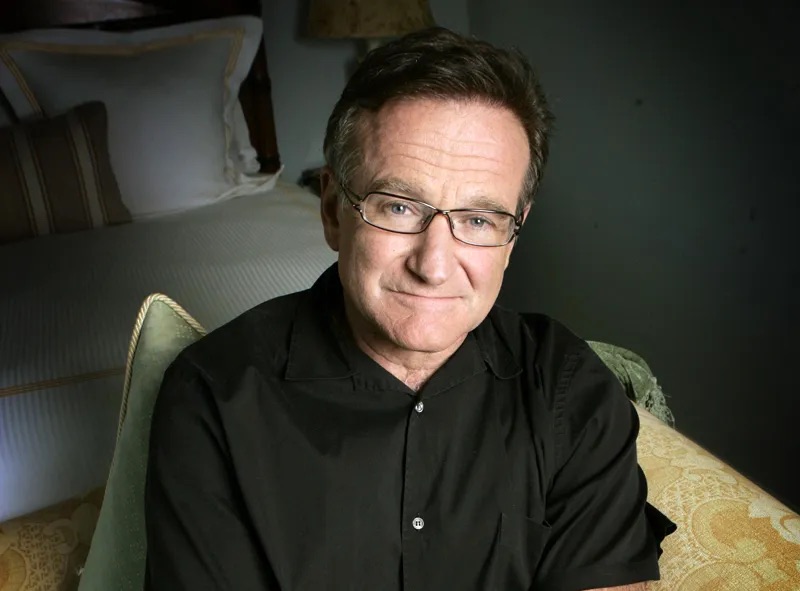Iconic Indian filmmaker and actor Guru Dutt, who passed away at just 39 in 1964, is remembered for his profound impact on cinema. Born on July 9, 1925, in Karnataka, next week marks what would have been his centenary. Although his artistic genius is celebrated, his struggles with mental health and personal despair receive insufficient attention. Dutt is known for classics like *Pyaasa* and *Kaagaz Ke Phool*, which showcase his deeply personal and introspective filmmaking style, resonant with universal themes.
Dutt's childhood in a financially struggling family and his eventual relocation to Bengal inspired his artistic pursuits. Initially, he entered the film industry in the 1940s as a choreographer before making his directorial debut with *Baazi*, a noir thriller that established him as a recognized director. His early career saw personal happiness with singer Geeta Roy, but beneath the surface was a constant battle against artistic frustration and societal disillusionment—themes that permeated his work.
His magnum opus, *Pyaasa*, released in 1957, depicted an artist's haunting struggle against societal materialism and remains celebrated as one of the greatest films in Hindi cinema. Despite its success, Dutt felt a persistent emptiness, highlighting the paradox between his on-screen narratives of strong women and his off-screen expectations of traditional gender roles.
As Dutt embarked on making *Kaagaz Ke Phool*, his most personal film, he faced overwhelming artistic pressures that culminated in a suicide attempt. Even after such critical experiences, the social stigma surrounding mental health meant family support fell short, and Dutt continued in silence.
After *Kaagaz Ke Phool* struggled at the box office, Dutt's creative output diminished, although he later found success as a producer with *Chaudhvin Ka Chand*. Personal turmoil marked his later years, with further attempts at suicide illustrating the depths of his despair. Dutt's tragic end came on October 10, 1964, leaving behind a legacy that continues to provoke thought and admiration.
Reflecting on his life, many wonder what might have emerged had he lived longer—continuing to challenge conventions in the cinematic world he loved.




















